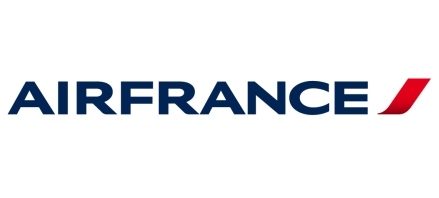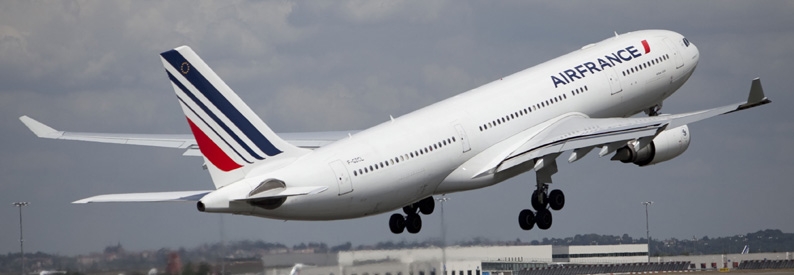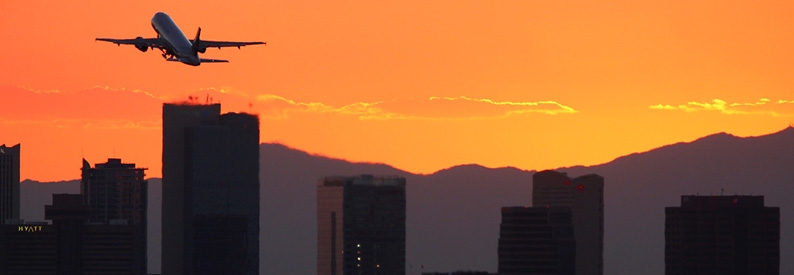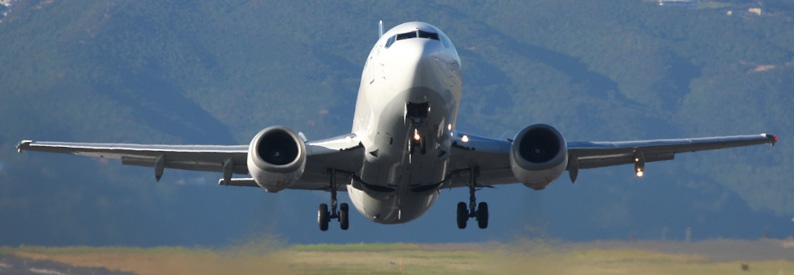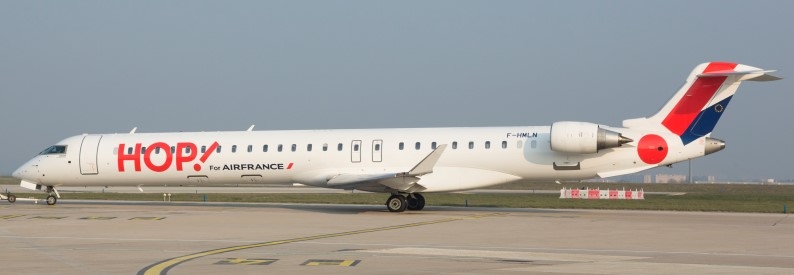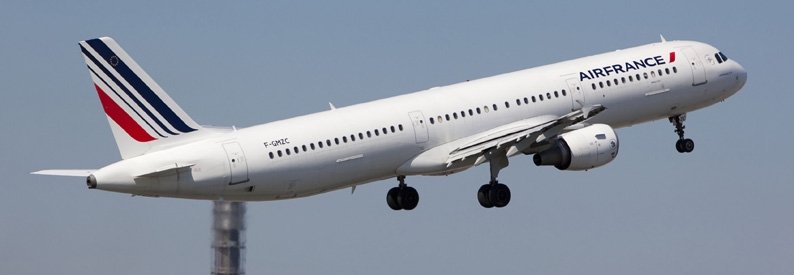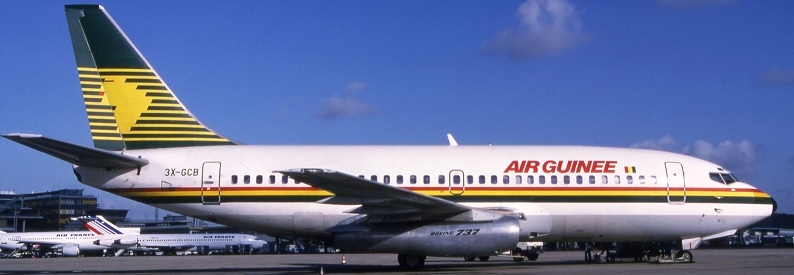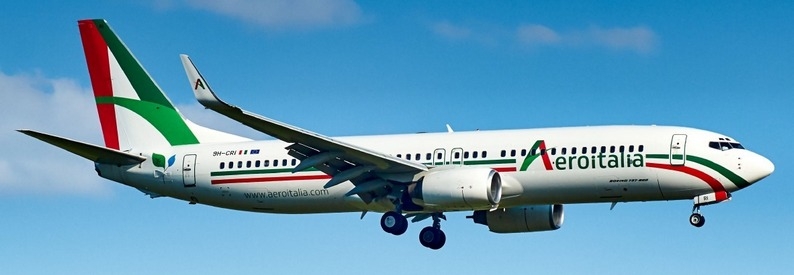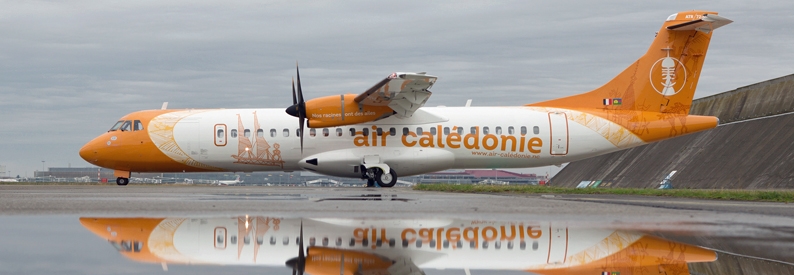Following months of delays, France's National Assembly and Senate have adopted a draft finance bill for 2025 that includes significant increases in a controversial airline ticket "solidarity tax" (Taxe de Solidarité sur les Billets d'Avion - TSBA) long contested by the industry as being anti-competitive as it will drive up travel costs.
Established in 2006 by former President Jacques Chirac and expanded in 2020 to include an eco-tax on tickets, the TSBA is set to rise significantly starting March 1, 2025. For economy-class tickets within France or Europe, the tax will increase from EUR2.63 euros (USD2.72) to EUR7.40 (USD7.65), while the tax on business-class tickets will rise to EUR30 (USD30.90). Long-haul flights will see taxes ranging from EUR15 to EUR40 (USD15.50-41.35), with higher rates for business and first class - up to EUR120 (USD124).
The business aviation sector will experience the steepest increases, with taxes of up to EUR2,100 (USD2,170) for long-distance flights.
An unpopular tax
The increase in the TSBA will impact Air France's bottom line "in the order of EUR100 million (USD103 million)", "massive for a group that is still recovering from the Covid period" and is expected to make "very significant" investments in decarbonisation, CEO Anne Rigail said in an interview with La Tribune newspaper on February 9. She highlighted the risk of further weakening companies based in France compared to their competitors and of seeing foreign passengers turn away from France.
Asked for comment, an Air France spokesman said: "We regret this decision, considering that we had repeatedly warned about the negative impact this increase will have on the competitiveness of French aviation." The airline began collecting the increased TSBA rates on October 24 for flights departing from January 1, 2025 but suspended this from December 7.
Opposition from the industry has been consistent, with the European Business Aviation Association (EBAA) calling the tax hikes excessive and unfair. The association plans to appeal the move.
France's national aviation union (Fédération Nationale de l'Aviation et de ses Métiers - FNAM) has criticised the 2025 Finance Bill for increasing airline ticket taxes without any economic impact study. Its president, Pascal de Izaguirre, argued it would raise costs for territorial continuity, harm the sector's competitiveness, and limit airlines' ability to finance their energy transition, potentially leading to the loss of thousands of jobs - especially at French SMEs offering business aviation services.
In November, Ryanair threatened to drop ten French regional airports over the tax hike. It warned that if the French government went ahead with the move, it would cut capacity to and from French regional airports by 50% from January 2025.
The adoption of the finance bill was impacted by the French parliamentary elections in July 2024, which led to a new government being formed, resulting in uncertainty around the timing and details of the bill. It was submitted to the National Assembly in October and was to have been adopted by December 31, 2024, but was finally adopted in early February after months of debates.
